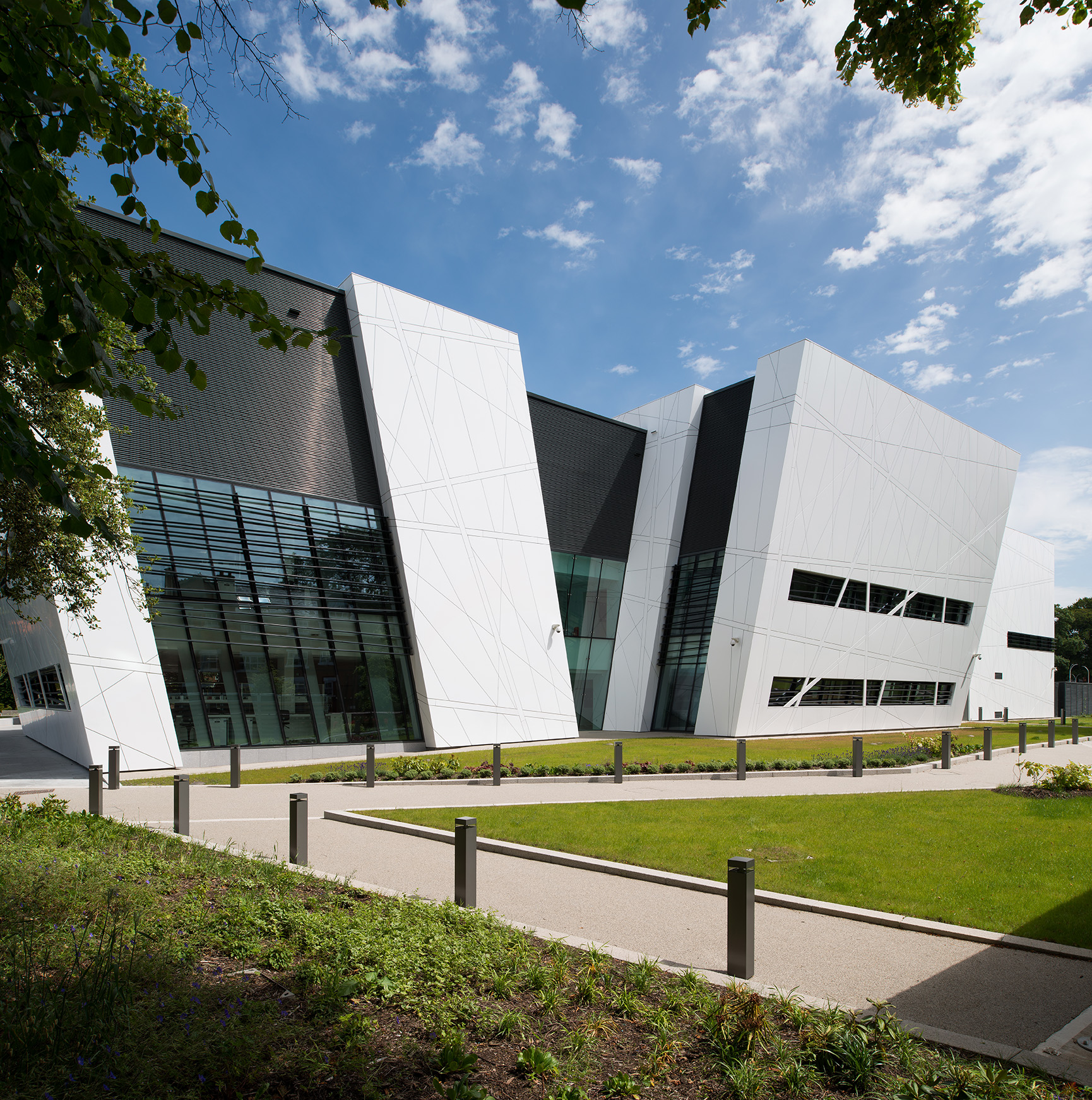Closing date: 15/11/2024
Clinical Research Training Fellowship Project: Investigating KAT6A PROTACs to treat leukaemia and solid tumors
Lead Supervisors: Prof. Georges Lacaud
Co-Supervisors: Prof. Sam Butterworth, Prof. Tim Somervaille
Applications Deadline: Friday 15th November 2024
Interviews: Friday 17th January 2025
Clinical Research Training Fellowship start date: September 2025
Project Keywords: PROTACs, Therapies, AML
Research Opportunity: Clinical Research Training Fellowship leading to the award of PhD
Project Outline
With this discovery project, we aim to assess the efficacy of KAT6A Proteolysis targeting chimaeras (PROTACs) for treating acute myeloid leukaemia (AML). AMLs are severe, often fatal, blood cancers with limited treatment options. Novel, efficacious, targeted therapies are needed. KAT6A is a genetic vulnerability in AML, particularly in high-risk subtypes of MLL rearranged (MLLr) AML. We propose to target KAT6A’s catalytic and scaffolding functions using PROTACs. PROTACs are small molecules capable of degrading the target protein, offering novel cutting-edge therapeutic approaches.
The experimental plan includes testing KAT6A PROTACs as potential therapies for AML and other malignancies. PROTACs are designed and synthesised in the Butterworth medicinal chemistry laboratory. Using our broad collection of human and murine AML cell lines, we will define the subtypes of AML, particularly MLLr AML, that respond the most to KAT6A degradation. We will define how KAT6A PROTACs alter AML fitness at the cellular and molecular levels. We will also explore combinations of KAT6A PROTACs with existing cancer drugs and assess their effectiveness in animal models. Finally, we will evaluate KAT6A PROTACs efficiency in other cancers. The evaluation of KAT6A PROTACs will involve well-established models and techniques in the Lacaud group. These include in vitro assays, in vivo mouse models, mass spectrometry, and gene transcription and chromatin studies.
Overall, the project will evaluate KAT6A PROTACs as potential therapeutic candidates for AMLs, and potentially other cancer types, contributing to the development of critically needed new targeted and effective treatments for these malignancies. This project will provide outstanding training in the field of cellular and molecular haematopoiesis, oncology and cutting-edge technologies including PROTACs, multi-omics and mouse modelling.
Applications for this project are now open. Please complete your application on The University of Manchester website.
About Professor Georges Lacaud (project Lead Supervisor)
Professor Lacaud graduated as a biotechnology engineer from the European Biotechnology School of Strasbourg (ESBS) in Strasbourg, France. He obtained his PhD from the University Louis Pasteur of Strasbourg and then did a postdoctoral fellowship at the National Jewish Medical Center in Denver, Colorado, studying early lymphoid cell development. Georges next moved to the Mount Sinai School of Medicine in New York, USA as an assistant professor where he worked on early hematopoietic development. He then joined the CRUK Manchester Institute as a junior group leader. He is now a senior group leader and heads the Stem Cell Biology group.

Key information
Before submitting an application, please ensure you have read the information below about the funding arrangements and eligibility for the Leeds-Manchester Clinical Research Training Fellowships.
We also encourage you to get in contact with the lead supervisor to discuss the project and any particulars.
Further information is available on the Clinical Research Training Fellowships webpage.
The clinical fellowships are usually tenable for three years, although in certain circumstances they may be four years duration.
The Fellowship covers:
- running expenses,
- an appropriate salary in line with the applicant’s current salary and grade
- full coverage of University PhD fees at the UK/home fee rate.
International Candidates
The University of Manchester aims to support the most outstanding applicants from outside the UK.
We are able to offer a limited number of bursaries to high-performing EU and international candidates, covering PhD fees only. Bursaries do not include financial support for visa/health surcharges.
We assess each EU and international candidate’s suitability for a bursary at the application and interview stages.
You must be a post-registration clinician, and ideally have a specialist post in a related subject, to apply for our Clinical Research Training Fellowships.
You should also hold, or be about to obtain, a minimum upper second class (or equivalent) undergraduate degree in a relevant subject. A related master’s degree would be an advantage.
It is generally expected that CRTFs will return to a training programme in the UK upon completion of their research degree.
International applicants (including EU nationals) must ensure they meet the academic eligibility criteria (including English Language) before contacting potential supervisors to express an interest in their project. Eligibility information can be found on the University’s Country Specific information page.
Key dates
- Applications open: 11th October 2024
- Application deadline: 15th November 2024
- Interviews: 17th January 2025
- Start date: September 2025
Useful Links
Submit your application
Interested in applying for this opportunity? Go to The University of Manchester website to submit your application.
Clinical Research Training Fellowships
Discover our various opportunities for clinicians looking to undertake a period of PhD training in a cancer-relevant field.
Get in Touch
Contact Dr Georgina Binnie-Wright, Postgraduate Programme Manager.
Researcher Stories
Read first-hand experiences of from cancer scientists from across Manchester.
Why Manchester?
Find out why postgraduate students choose to study in Manchester.
A Day in the Life of a Clinical PhD Student
Watch our short video to see what it's like to be a Clinical Research Training Fellow in Manchester.





